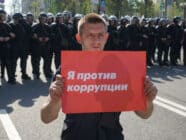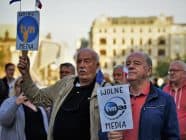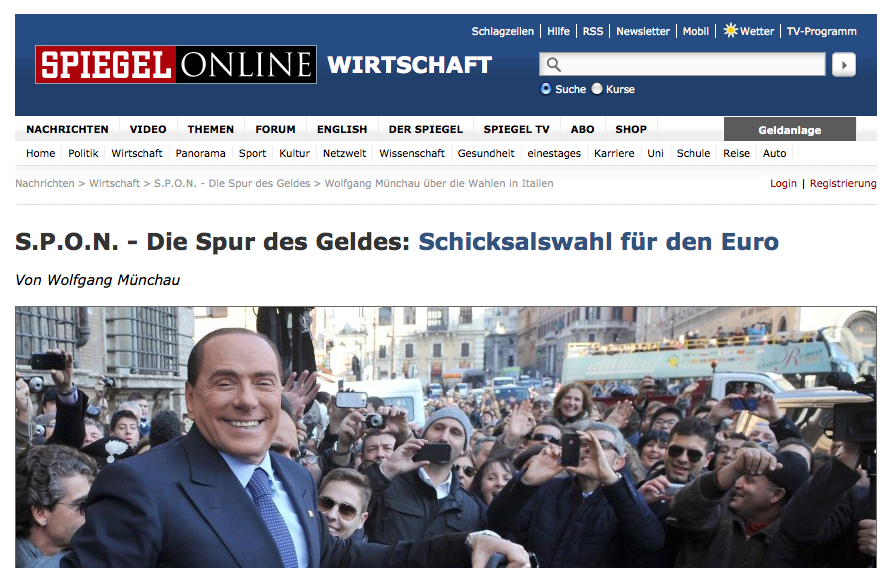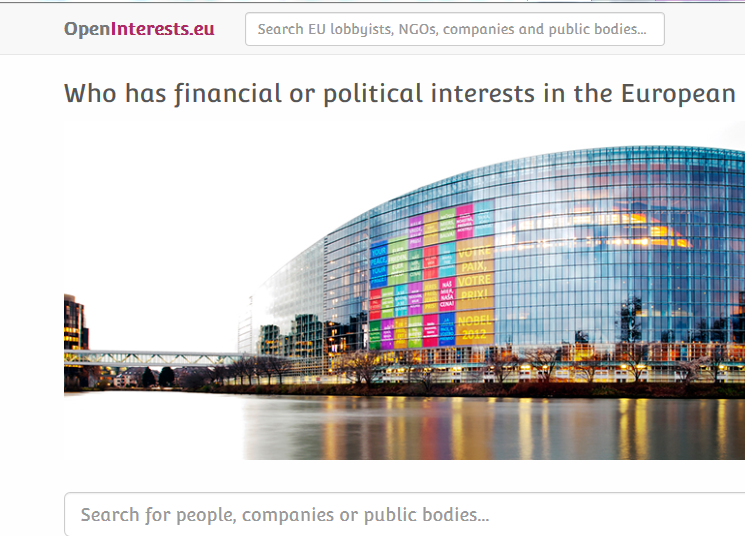The role played by social media in the 2011 Arab Spring may have been overestimated by Western observers, but a new report, Media Use in the Middle East, 2015, reveals that platforms such as Facebook, Twitter and Instagram are changing the region’s media landscape.
The study, analysing media use, press freedom and media credibility in the United Arab Emirates (UAE), Qatar, Saudi Arabia, Egypt, Tunisia and Lebanon, found that “social media have become almost synonymous with the internet,” and staying connected “pervades Arab culture”.
Most (79 per cent) of those surveyed use social media or direct messaging, “at least once a day” with little variation across gender or age.
However, the study shows there are still huge differences in the use of the internet and social media within the Middle East.
New media are most widely used in the UAE, Qatar and Saudi Arabia, while Egypt, Tunisia and Lebanon, are still lagging behind. But they are rapidly catching up, researchers found. In Egypt, internet use has doubled from 22 to 45 percent of the population during the last two years; in Lebanon, internet penetration grew from 58 to 79 percent in the same period.
Most people in the analysed countries access the web by their mobile phones rather than by laptop or desktop.
The report, by Everette Dennis, Justin D. Martin and Robb Wood, of the Northwestern University in Qatar, was recently presented at the American Journalism Educators’ conference in San Francisco. It is the third consecutive year that such a systematic and comparative analysis has been provided. This means comparative data for this region are now available for the first time.
For example, researchers found that support for free speech (“it is okay for people to express their ideas on the internet, even if they are unpopular”) has remained stable in four of the six surveyed countries since 2013, but has dropped significantly in Saudi Arabia (by 10 per cent) and Tunisia (by 20 per cent). The number of people who supported free speech was highest among those who had attended university.
The survey also found that nearly half (48 per cent) of nationals feel the internet in their country should be more regulated although desire for more regulation varies from 67% in Qatar to 35% in the UAE.”
Only about two in five Arab nationals (39 per cent) surveyed said they feel “comfortable voicing political opinions online”, down from 44 per cent in 2013. Fewer than half (45 per cent) of all respondents said it was safe to say what they think about politics online, again this is down from 48 per cent in 2013. These figures vary from nation to nation.
“The two countries most affected by the Arab uprisings, Egypt and Tunisia, saw the biggest drops in individuals who said they felt comfortable expressing their political opinions. Tunisia had the biggest drop in respondents who said it is safe to say whatever one thinks about politics; in Egypt, authorities did not allow the question to be asked at all,” according to the report.
Slightly more than one third (35 per cent) worry about governments checking their online activities.
Yet, citizens in Arab countries “are generally trusting of news media” the study finds. Seven in ten (69 per cent) say “they have trust and confidence in mass media to report the news fully, accurately, and fairly” – there is little variation concerning the education level of respondents.
These are the sort of figures that European or American media with a free, and frequently critical press, (but also a press driven by click maximization and by the desire to increase income from advertising), can only dream of.
Countries with stable and prospering economies were generally considered to have higher quality and more credible national news media than in those characterized by turmoil, such as Egypt, Lebanon, and Tunisia.
Nationals from the Gulf states (UAE, Saudi Arabia and Qatar) tend to have a more positive opinion of their media; the majority say the news media in their country are credible. However, those in Egypt, Lebanon, and Tunisia express less confidence in their national media, with fewer than half agreeing that news media in their country are credible.
The degree of press freedom in an individual country does not appear to be linked to how much its citizens believe in their media.
According to the annual press freedom ranking provided by Reporters without Borders, Lebanon (ranked 98th) has “noticeable problems” with press freedom. Qatar (115th), the United Arab Emirates (120th) and Tunisia (126th) have a “difficult situation”, while problems in Egypt (158th) and Saudi Arabia (164th) are considered “very serious”.
The researchers also reported government restrictions they had to face in some countries. No surveys could be conducted in Iran, Iraq and Yemen. In Egypt, some of the questions were censored by the government, however in Saudi Arabia working conditions for the researchers were surprisingly “open”.
The survey, which was funded by the Qatar National Research Fund, also found that younger users in the region are generally more willing to pay for online news than older age groups. And comedy is, as in Western societies, also on the rise in the Arabic countries. Younger internet users (aged 18-24) use the internet to watch comedy more frequently than those aged 45 and older, it is also found that women (79 %) are more likely than men (72 %) to watch comedy on TV.
Besides the data which provide a unique picture of how media use is changing in the Arabic world, the interactive presentation of the research report is also innovative. Users are able to “play” with the survey, by combining different data sets, allowing them to follow specific paths of investigation and to draw their own conclusions.
A shorter version of this article first appeared in Neue Zürcher Zeitung on 22 August 2015
pic credit: Flickr Creative Commons: Cinty Ionescu
Tags: Censorship, Egypt, Facebook, Instagram, Lebanon, media, Middle East, policial repression, Press freedom, Qatar, Twitter, UAE














































